Since this post was originally published, the Edupreneur Support Program (ESP) has transitioned to Stand Together and is now operated as the Stand Together Edupreneur Resource Center. Learn more at https://support.standtogethererc.org.
—
An interesting shift in the educational landscape has been brewing, bringing a breath of fresh air—quite literally—to the way we think about schooling. Nature-based unconventional learning environments, whether they are microschools, pandemic pods, homeschool co-operatives, or private schools, are flourishing across the country. And parents are taking note.
Why the Shift to Nature?
Also known as “Forest Schools,” these sorts of nature-based education environments are not new. Several have been in existence since the 1960s, but interest has exploded in recent years.
In the hustle and bustle of the 21st century, with screens vying for our children’s attention and urban jungles creeping in, many educators and parents have felt a growing need to reconnect with the great outdoors. In 2020, the nonprofit Natural Start Alliance reported that 585 nature-based preschools or Kindergarten programs existed in the United States. This marked a 25-fold increase within the decade and more-than-double the number in 2017.
Especially after the shock of the COVID-19 pandemic had on children’s lives, it is no surprise that families and educators are increasingly looking for exposure to natural settings to enhance creativity, concentration, physical health, and foster a lifelong love for learning.
Nature Schools: Big and Small
Located in Texas, Earth Native Wilderness School is dedicated to fostering a deep connection between people and the natural world, offering programs for both children and adults which emphasize traditional outdoor knowledge. The school’s holistic approach endeavors to help students not only acquire practical skills, but also develop a lasting bond with the natural world.
Another beacon of nature-based learning is Holler Creek School. This school reimagines the traditional classroom as the hills and forests of rural southwestern Virginia. Here, the babbling brook is a music class, the whispering pines a lesson in literature, and the wide-open spaces a theater for imaginative play. Such schools underscore the idea that walls and whiteboards aren’t prerequisites for profound learning.
Kerry McDonald, education reform scholar, unschooling mom, and podcaster recently interviewed the founders of Holler Creek, Aaron Sebens and Melanie Schrage. Aaron and Melanie described their careers journeys as teachers, from working in special education in Massachusetts, to volunteering in a rural school in Honduras, to teaching in an urban setting in North Carolina. During the COVID-19 pandemic, they became disillusioned with “Zoom school” and hatched the idea for an outdoor school which embraces “radical rural education.” This eventually became Holler Creek.
Even though Holler Creek only serves about a dozen kids, it shows us what is possible, even in areas with a perceived lack of educational opportunity.
One standout example is TimberNook, an innovative program that offers outdoor play experiences for children. At TimberNook, children are given the freedom to explore, create, and imagine in nature’s playground. From building forts and mud kitchens to balancing on fallen logs, these seemingly simple activities go a long way in developing critical thinking, motor skills, and emotional intelligence.
Headquartered in New Hampshire, TimberNook has been around for eight years. Their programs operate in 23 US states, three Canadian provinces, the United Kingdom, New Zealand, and Australia. It can be incorporated into a child’s educational experience as a therapy program, homeschool curriculum, or through an existing school, and provides prospective franchisees information about standing up their own local program.
“Nature-based learning environments are just one example of the variety of educational experiences available to parents who seek a more personalized model to meet their kids’ needs,” said Mike Donnelly, Vice President of yes. every kid. foundation. The foundation’s Edupreneur Support Program supports educational entrepreneurs—be they parents educators, or community members—start and grow unconventional learning environments in every US state and territory. “We love to help these brave entrepreneurs navigate regulations and be confident as they step out to offer innovative and immersive experiences for the children in their community.”
Families Get to Choose
Parents and families play a pivotal role in this movement. By seeking out these alternative experiences, they are giving their children the priceless gift of an education which best suits them. In states where families are trusted to make choices about how their education dollars are spent, these different sorts of schools may have more opportunities to realize their full potential.
The rise of nature-based unconventional learning environments is not just a fleeting trend—it’s a testament to the resilience, adaptability, and forward-thinking nature of educators, families, and communities. It reminds us that for some, the ideal classroom has no walls, only infinite horizons.
